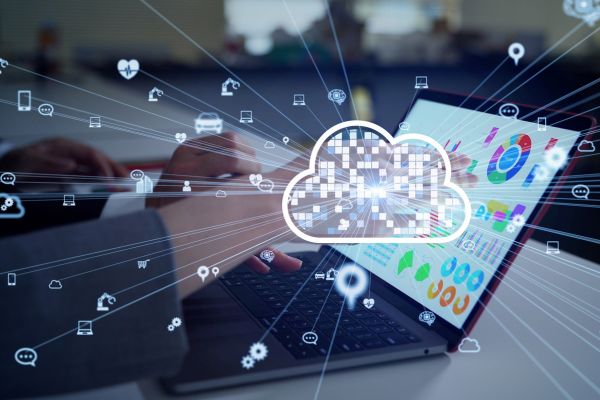Software-as-a-Service (SaaS) companies have revolutionized the way we do business, not only offering a host of integrated features and functions but also providing the most innovative tech solutions through cloud-based platforms.
While the benefits of Software-as-a-Service are unmatched when you consider its convenience, cost efficiency, and the ability it has to save businesses time and money, Software-as-a-Service companies are not exempt from the business challenges. One challenge, in particular, is that of revenue recognition, which remains a great accounting difficulty for businesses that work on a subscription-based model, and offer continuous delivery of services, as Software-as-a-Service companies do. This requires careful consideration of revenue recognition principles.

Revenue recognition challenges for Software-as-a-Service businesses
We take a look at some of the challenges faced by SaaS companies when it comes to recognizing revenue accurately and discuss best practices to navigate these complexities successfully.
1. Timing of revenue recognition
Determining when and how to recognize revenue can be tricky for businesses that make use of subscription-based models, like SaaS companies.
Revenue recognition differs depending on whether you’re using the cash or accrual accounting method. With the cash accounting method, revenue is recognized when cash is received from customers. It focuses on the actual inflow of cash and does not consider the timing of providing goods or services. The accrual accounting method recognizes revenue when it is earned, regardless of when cash is received.
If a company makes over $25 million in sales for three consecutive years or has any inventory, the Internal Revenue Service requires using the accrual-based method. This can make it challenging for SaaS companies to determine when and how to recognize revenue. While some SaaS revenue can be recognized apportioned over the subscription period, certain usage-based metrics may create certain conflicts when it comes to recognizing revenue in a straightforward manner. Similarly, subscriptions that are paid once-off with services being ongoing must be calculated and recorded accordingly. It is important to establish clear policies and guidelines for recognizing revenue that factor in billing cycles, contract terms, and customer usage. These need to align with the SaaS company’s revenue recognition methodology to ensure compliance.
2. Managing performance obligations and individual pricing
SaaS agreements often cover clients for a host of services that range from software licenses to ongoing support and software updates. To accurately report on revenue in a way that is both compliant and of value to internal company data, it would be necessary for accounting teams of SaaS companies to determine the standalone value of each obligation fulfilled with the subscription purchase and allocate revenue accordingly. This can be challenging as properly allocating the transaction price to each element requires a comprehensive understanding of the contract terms and their relative standalone selling prices. But reliable accounting software can be set up with formulas to automate this. Your CPA can help you apply a reliable estimation method, such as the expected value approach to facilitate the accurate allocation of revenue within your business.
3. Managing deferred revenue and contract liabilities
It’s not uncommon for SaaS companies to receive payments in advance. This would result in deferring revenue recognition and recognizing it over the subscription period so that expenses can be appropriately matched to the corresponding revenue. Deferring revenue provides a more accurate representation of the company’s financial performance. While deferred revenue recognition can be challenging to execute, but is crucial to ensure compliance with accounting standards and provide transparency in financial reporting. It is important to consult with your CPA to establish business and accounting policies for compliance in this regard.
Overcoming revenue recognition challenges can be a daunting task for SaaS companies, as it requires a comprehensive understanding of revenue recognition principles and robust accounting systems.
It is important for businesses in this field to establish clear policies and guidelines for recognizing revenue based on subscription periods that offer thorough protocols on how to handle performance obligations as well as how to separate pricing elements. It is essential for Software-as-a-Service businesses to consult with a CPA to ensure the correct finance software tools and processes are in place in this regard.
Our CPAs are experts in the field. We offer accounting and software solutions to achieve help marketing businesses achieve their financial goals.
_____________________________________
This blog article is not intended to be the rendering of legal, accounting, tax advice, or other professional services. Articles are based on current or proposed tax rules at the time they are written, and older posts are not updated for tax rule changes. We expressly disclaim all liability in regard to actions taken or not taken based on the contents of this blog as well as the use or interpretation of this information. Information provided on this website is not all-inclusive and such information should not be relied upon as being all-inclusive.


